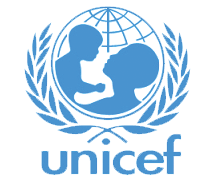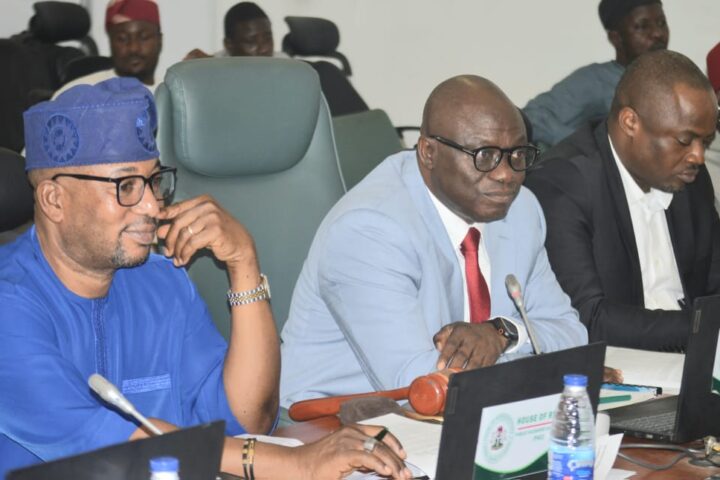
The United Nations Children Education Funds,UNICEF,says Nigeria has the highest number of overall air pollution-related pneumonia deaths of children under-five in the world.
The international agency also said the country has the highest number of household air pollution-related pneumonia deaths among children under-five.
Peter Hawkins, UNICEF Representative in Nigeria, disclosed this on the commemoration of World Pneumonia Day, said deaths of Nigerian children under-five due to overall air pollution-related pneumonia were 67,416 in 2019 while deaths of Nigerian children under-five due to household-specific air pollution-related pneumonia were 49,591 during the same year
He added:“Almost 185 children under the age of five die every day from pneumonia due to air pollution in Nigeria – the majority of them from air pollution in the household, including that from cooking over open fires or cookstoves in the home.This is a travesty – for their families and for Nigeria – especially because the vast majority of these deaths are preventable.”
According to the Every Breath Counts Air Pollution and Pneumonia Scorecard 2021, released today:
Air pollution contributed to 30 per cent (749,200) of all pneumonia deaths in 2019; 56 per cent (422,800) from household and 44 per cent (326,400) from outdoor sources
40 per cent (304,200) of air pollution-related pneumonia deaths are among children under five years; 70 per cent (210,400) from household air pollution
40 low- and middle-income countries, including Nigeria, are home to 90 per cent (656,400) of all air pollution-related pneumonia deaths
India tops the charts with the highest number of overall air pollution-related deaths in the world, with Nigeria coming second.
“It is critical that the government introduce policies to reduce the major causes of air pollution-related pneumonia deaths among Nigerians – especially children, who bear the biggest burden,” said Peter Hawkins.
“One of the important ways we can do this is to increase the proportion of Nigerian households with access to clean cooking fuels and technologies, by increasing the use of LPG gas for cooking and helping families finance the cost of clean stoves and fuels.”
“We must also scale up services to diagnose and treat pneumonia, and improve nutrition, vaccine coverage and breastfeeding rates – all of which improve children’s health and immune systems, reducing the risk of children dying from pneumonia if they do contract it.



















